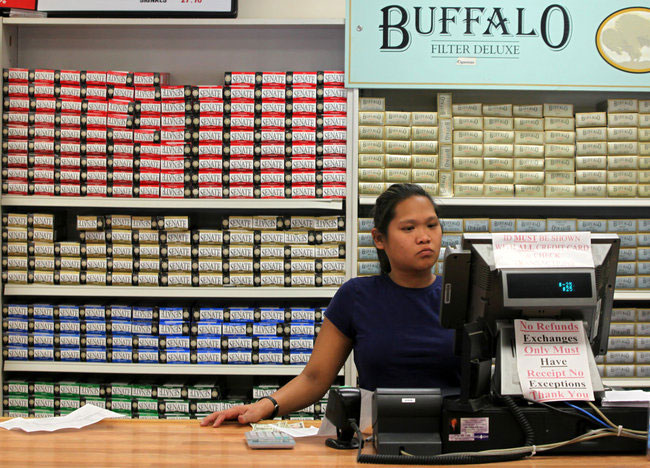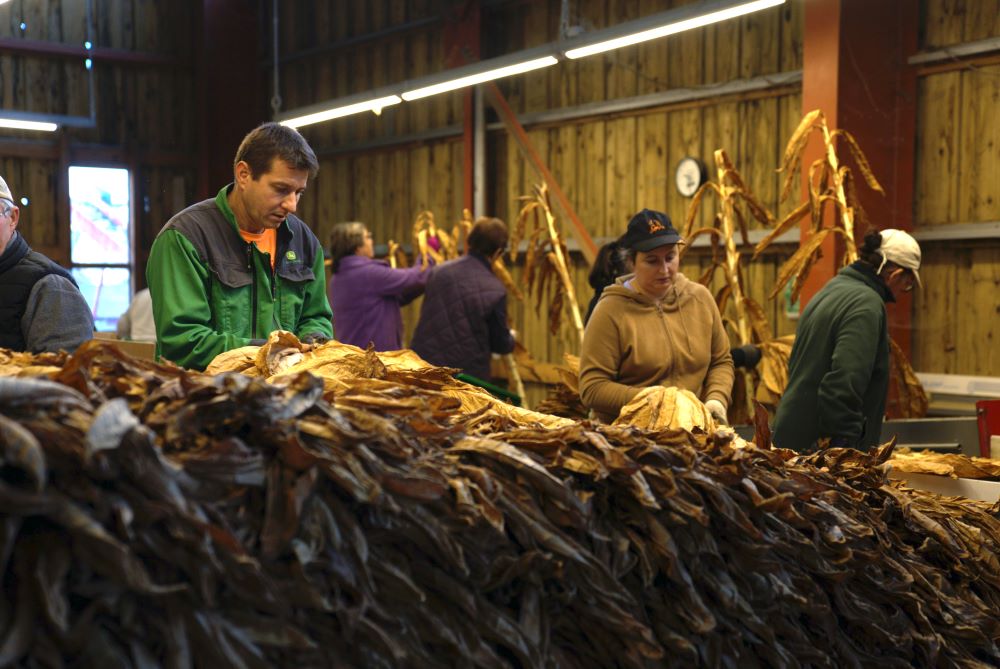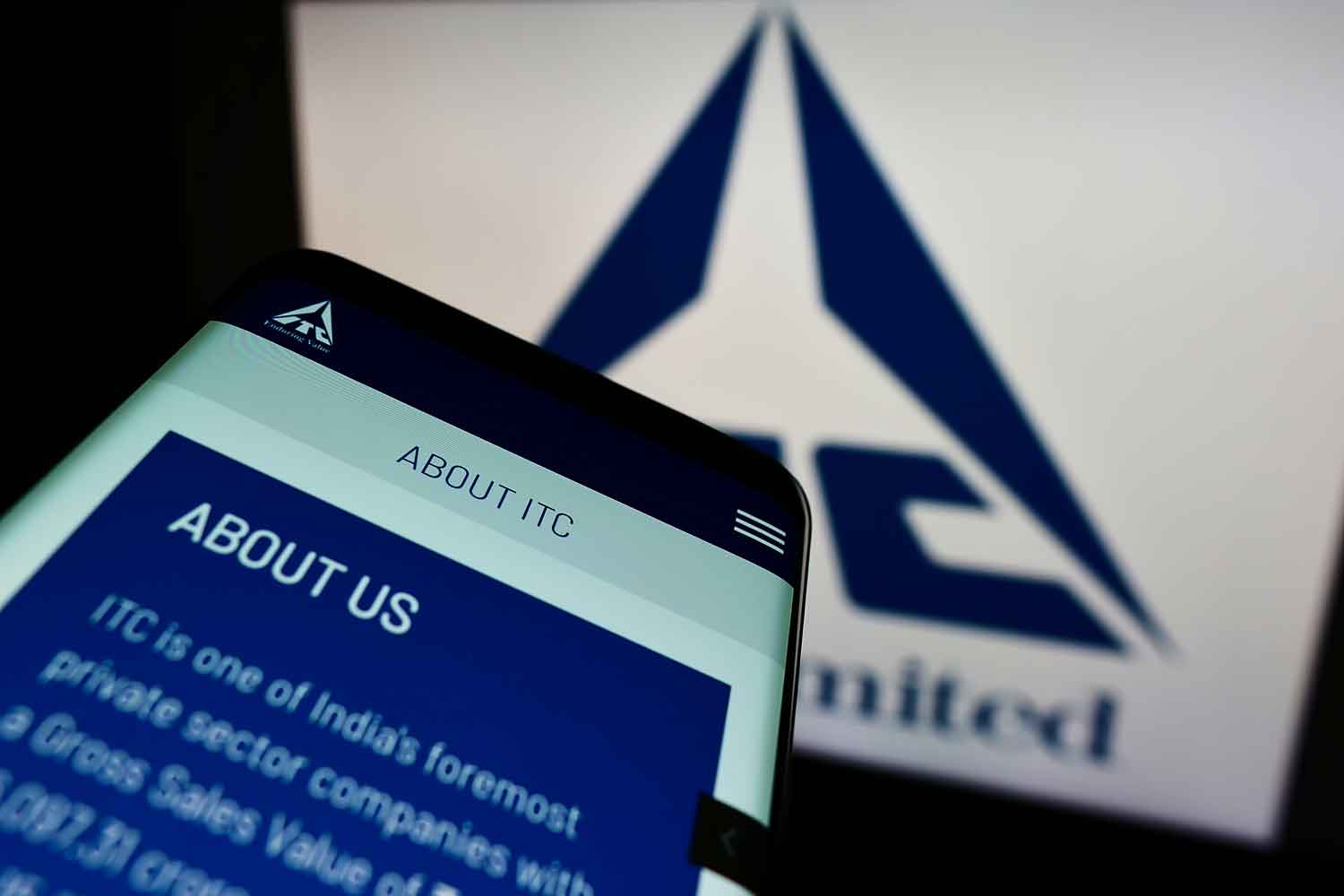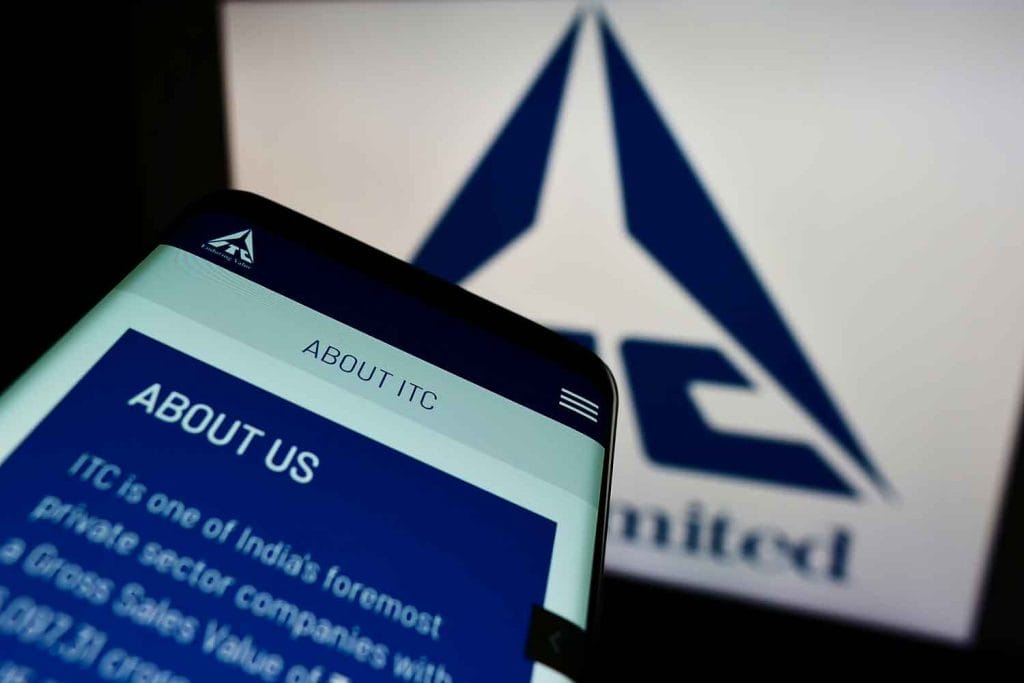On World Anti-Counterfeiting Day, Philip Morris International’s (PMI) India affiliate, IPM India, reinforced its commitment to combat illicit tobacco trade, protect government revenue, and uphold product integrity. The pledge aligns with India’s rollout of pack-level track and trace (T&T) technology, aimed at identifying and curbing counterfeit tobacco products.
India, the fourth-largest illegal cigarette market globally, sees smuggled cigarettes make up 25% of its domestic market, according to PMI estimates. The company emphasized the critical need for stronger enforcement and collaboration to address the issue, which undermines public health, economic stability, and national security.
Navaneel Kar, managing director of IPM India, praised the government’s T&T initiative, stating it will enhance transparency and enforcement. PMI says it has implemented T&T systems in over 140 countries, including the EU and GCC states, with positive outcomes in reducing illicit trade.
Rodney Van Dooren, PMI’s Head of Illicit Trade Prevention for Asia Pacific, called for regional cooperation, noting India’s leadership role and growing influence in tackling counterfeit goods.











